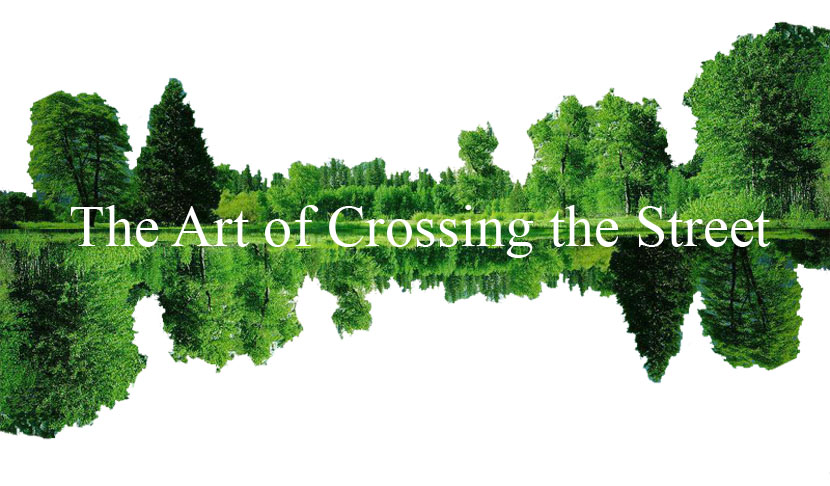“The Ephemeral Portrait of Food”
The term, the entity, the pure concept of food has been stifled and confined to a point of capitalistic venture. It has blurred its lines with the fossil fuels we run our mechanized world on, an inconvenience that must habitually be consumed to continue the cyclical patterns of existence. To limit food into these terms is not just a fallacy but breeds to a greater ignorance. We must understand the many highly complex facets that create this energy rich substance that fuels not only our physiological bodies, but also our spiritual and cultural health. Richard Manning states it so clearly in saying that this “Energy cannot be created or canceled, but it can be concentrated.” Let the idea concentration be in the forefront of your mind, for within it may very well exist the key to the simple concept of quality.
One of the immediate faces of our food that must be addressed is it as a physiological means of existence. As means for survival, one must feed them, or face the impending outcome of death. This is a simple statement for a very high and complex issue, one that I could barely begin to address in this writing. Needless to say though, food at its fundamental basis is just a means to transfer energy into oneself so that one can exist and in essence perform at a higher level. Following the ties of oil within our food written by Manning, one compare the level of energy received within food products to that that of gasoline grades. Understanding that from every removal past the original source of energy (oft the natural plant), the energy received by the consumer is at one tenth. Simply stated it becomes diminished and diluted due to other avenues in which it is spent. This is much like grades in gasoline, the higher the grade, the purer the petrol and the more effective the automobile runs. Ones physical health at a basic level reacts the same way, running more efficiently when in-taking fresh and unprocessed plants, animals, and sources of food and energy in comparison to that which have been “Americanized” or processed in mass quantity for the growth of capitalisms wallet.
The on goings effects of in-taking good unprocessed food and energy are present both immediately within our physical health, but also span far beyond into the wellness of our communities and “self-knowledge” and appreciation. We must continue to unlearn convention and agenda based logic, ending our “dissection of problems down to assumed solutions.” The consumption and production of quality, high-energy food not only can physically bring health and defense against disease, but can also begin to loosen the bonds of conventional poverty, allowing those to “see themselves as citizens” once again, especially in the country of South Africa, in which I hold so dear. History and apartheid has stripped one of their pride, will, citizenship, and full embodies humanness. But when that person realizes that they no longer need to root themselves in the lies sown within their lives, and they have the choice to plant the seed, both physically and metaphorically into their community, and transfer that energy in a new concentrated direction. That individual will plant the seed, but it “takes a village to grow the tree.” This transfer of energy transcends that of which the body runs on, it is a transfer of confidence in oneself, of self-knowledge, and its “ripples are revolutionary.”
Let this just stand as a small testament to the many facets and faces that create the complex nature of our food and humanity, and their integral ties. These pages are not enough to cover the brevity of the potential we hold as brethren if we can do as Wangari spoke so bluntly and make the decision to get off the bus. It is in that decision that clarity may come in the slightest form of where we are going, and realizing that “the most important thing is that we do know where we want to go, and the we must just keep walking.” In that concentration maybe we will see once again Gods ephemeral beauty and truly find that “Joy in just being alive.”

No comments:
Post a Comment